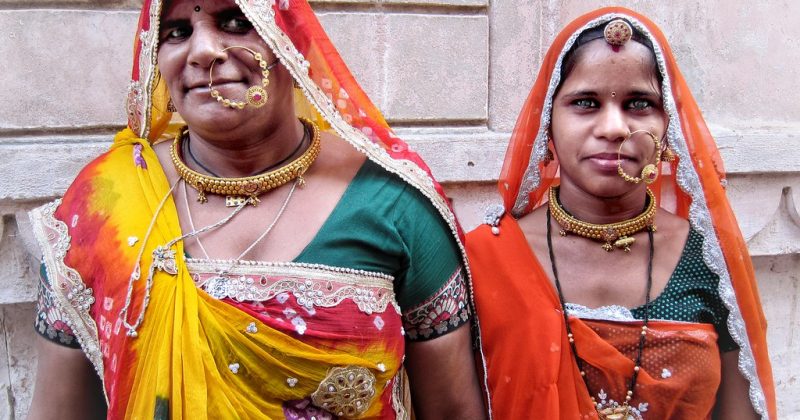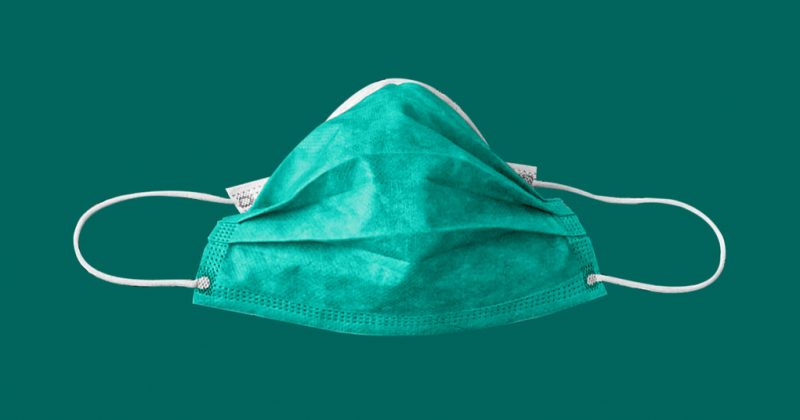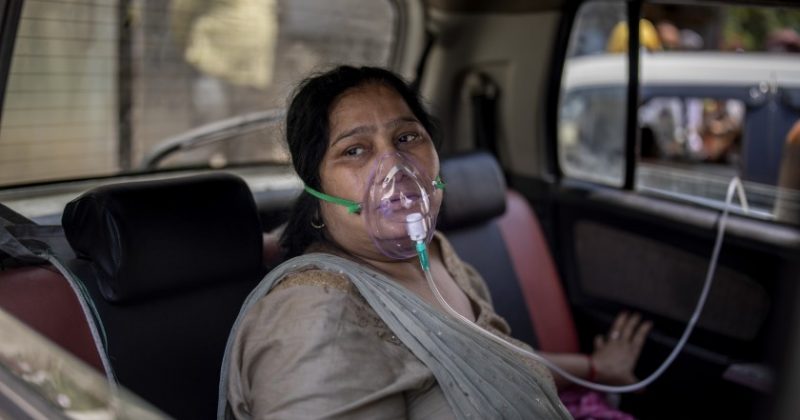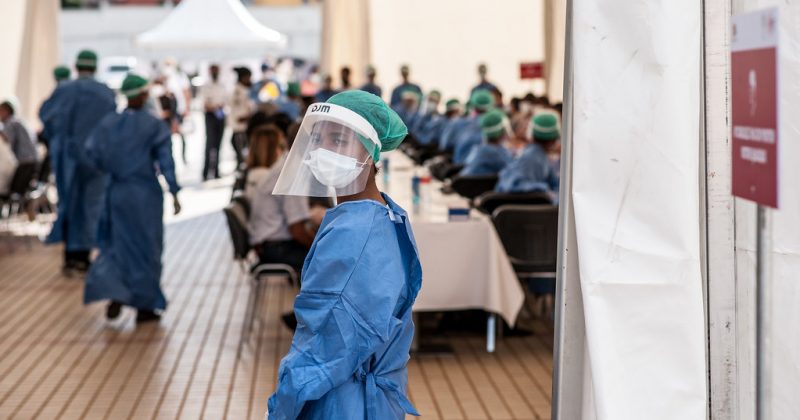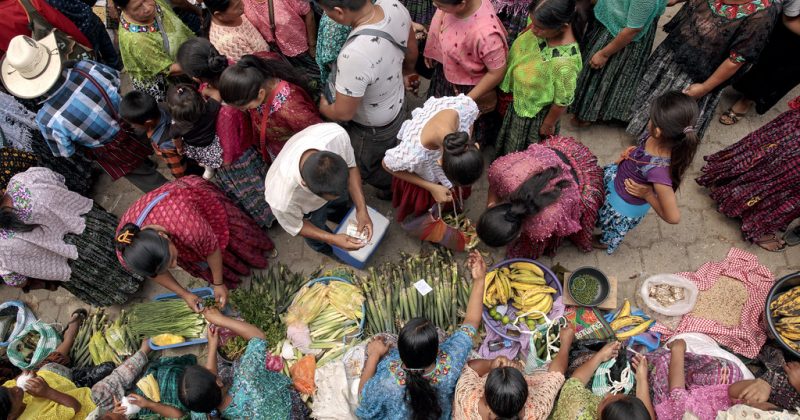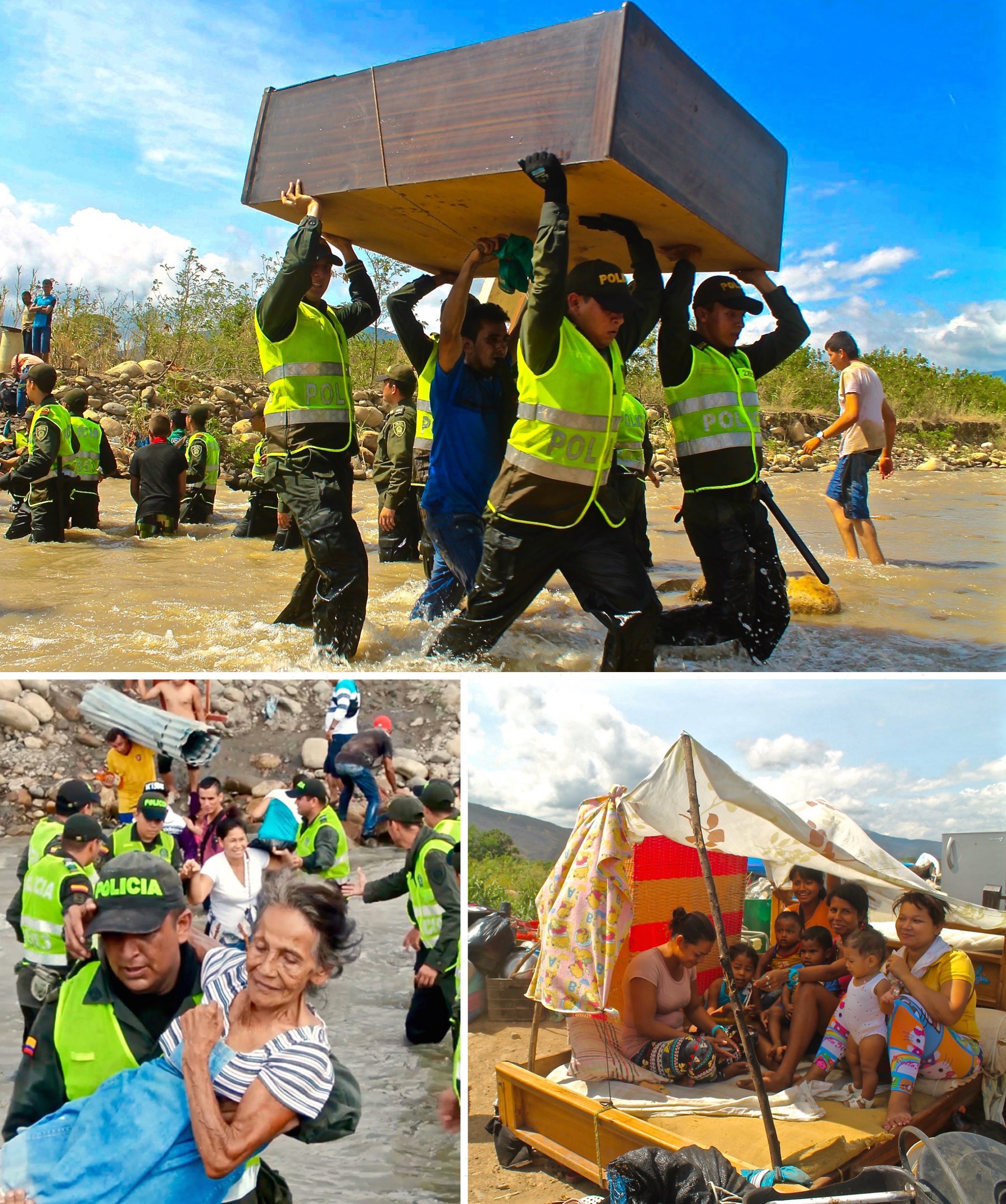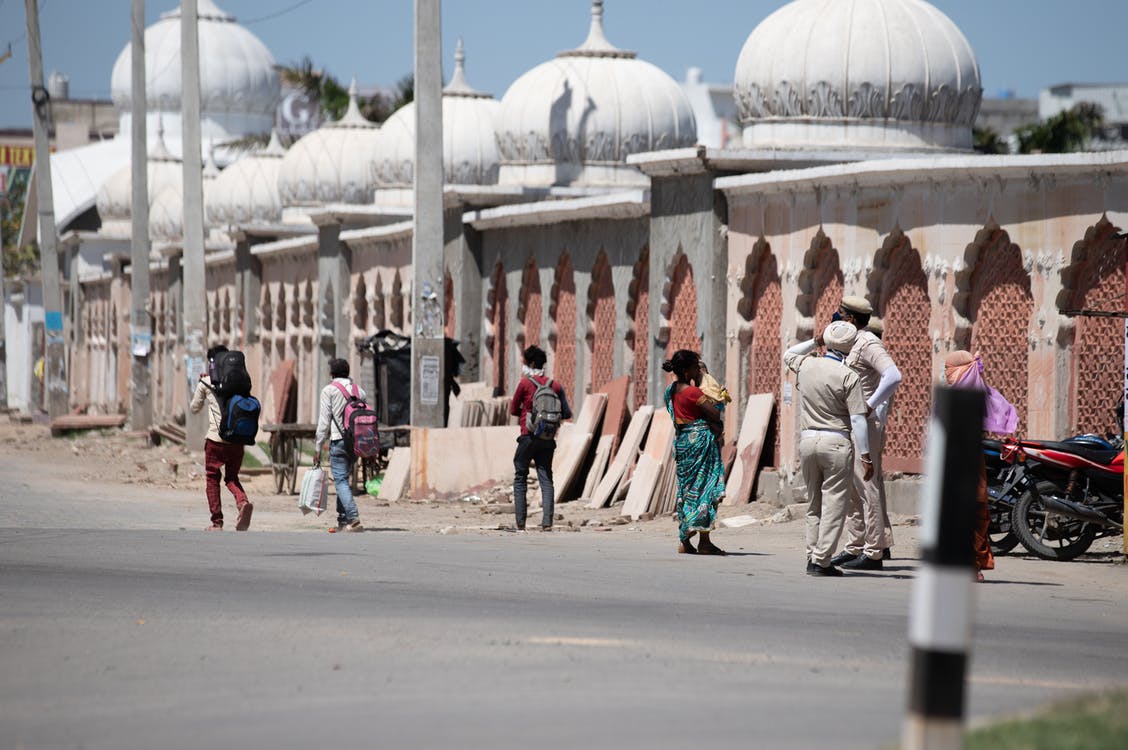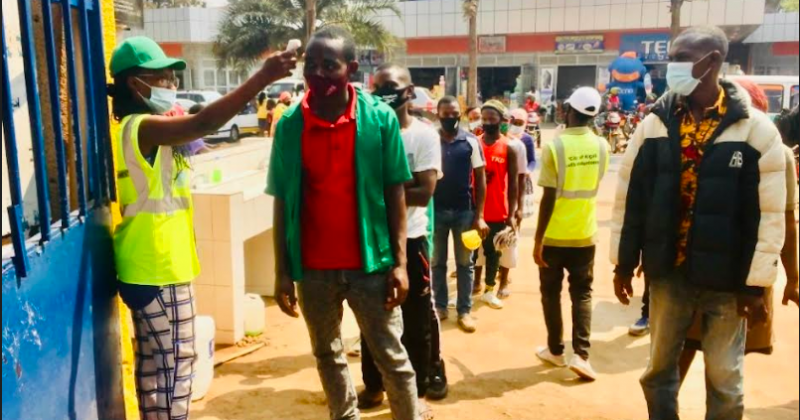
Rwanda’s National Security Approach to COVID-19
By guest contributor & HRSMA alumnus Dr. Laine Munir
The Rwandan capital's military compound of Camp Kigali, once the site of tragic violence during the 1994 genocide against the Tutsi, is now a site for saving lives during the omicron variant of COVID-19. It is Rwanda's leading vaccination site that undergirds the country's impressive success in managing the pandemic. There have been fewer than 1,400 COVID deaths in the second most population-dense country in Africa. Daily infections continue to decrease, thanks mainly to Rwanda's swift response to social distancing measures and its capacity to build on its foundational pre-pandemic vaccination programs (WHO 2021). Over 30% of the total population has been vaccinated to date, more than twice the continent's rate as a whole, and booster shots are currently available (Kyobutungi 2021). These are not only remarkable public health outcomes but also a statement on national security. The Rwandan National Police and the national army, the Rwanda Defense Force (RDF), have a ubiquitous...

